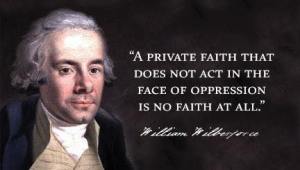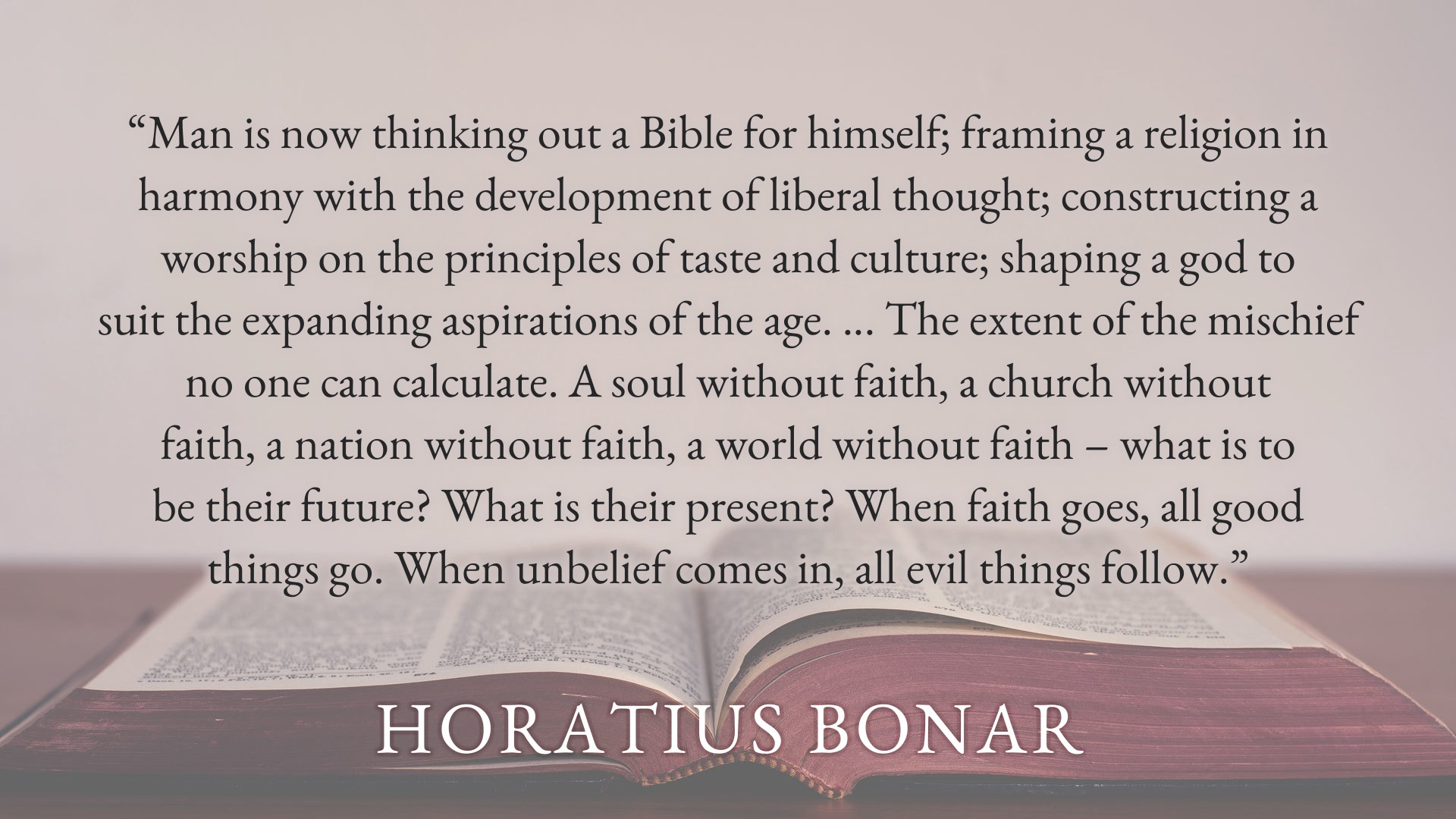WILBERFORCE, WILLIAM (1759–1833)
English philanthropist; antislavery crusader
Born in Hull, Wilberforce studied in desultory fashion at Cambridge, then in 1780 entered Parliament and became a strong supporter of William Pitt, who persuaded Wilberforce to devote himself to the abolition of the slave trade. In this cause he opposed many in the empire who had powerful vested interests, and he opposed those who regarded slavery as “a natural and scriptural institution.” The reformers finally triumphed in 1807 when the slave trade was done away with, though abolition of slavery itself had to wait until 1833.
Wilberforce, who had been converted at twenty-five, was the most famous figure associated with the Clapham Sect, which sought to do for the upper classes what Wesley had done for the lower. They used their wealth and influence in Christian outreach. He supported missions, fought to improve the condition of the poor and prisoners, and in 1804 helped to form the British and Foreign Bible Society. He also supported Catholic emancipation. Wilberforce, who was once described as “the authorized interpreter of the national conscience,” published in 1797 his Practical View of the Prevailing Religious System, which ran through many editions.
J.D.DOUGLAS
J.D. Douglas, “Wilberforce, William,” ed. J.D. Douglas and Philip W. Comfort, Who’s Who in Christian History (Wheaton, IL: Tyndale House, 1992), 719.


